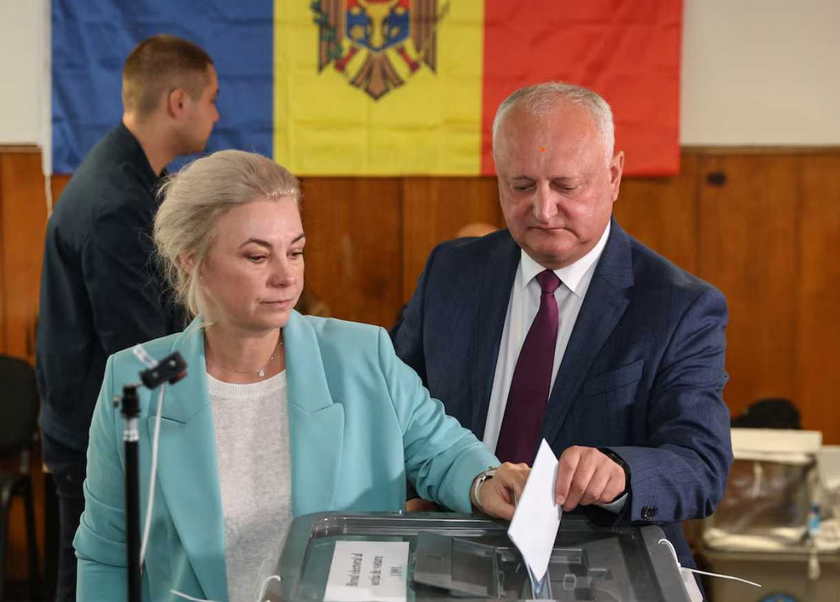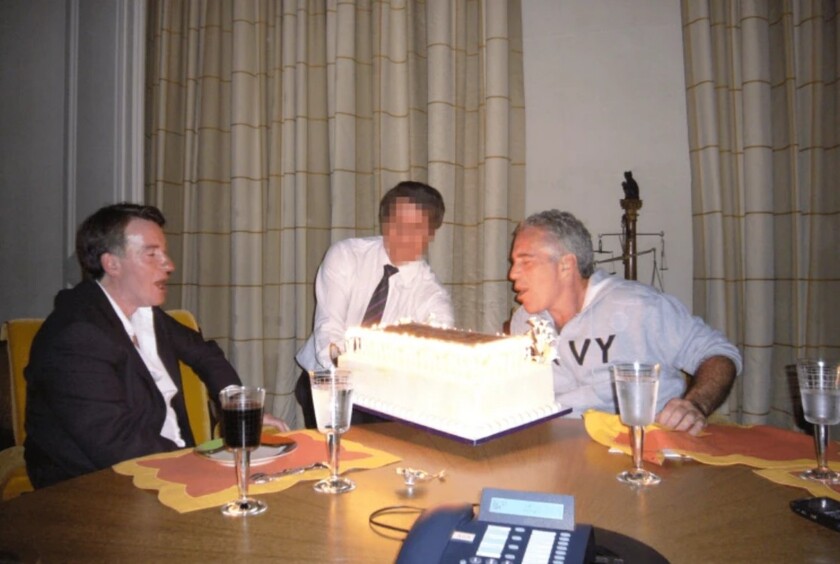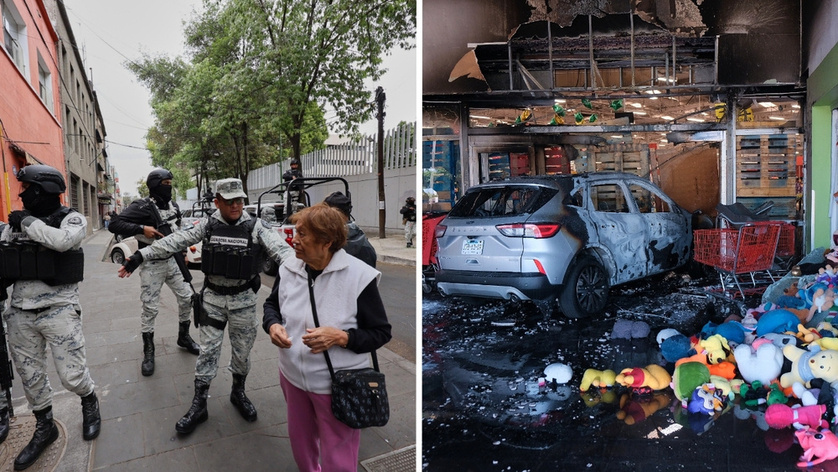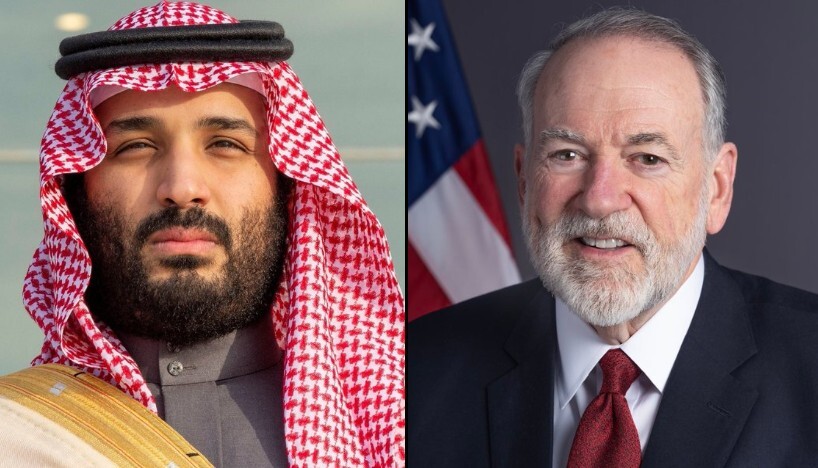Telegram founder and CEO Pavel Durov has publicly revealed that approximately one year ago, while he was detained in Paris, French intelligence services contacted him through an intermediary, requesting he assist the Moldovan government in censoring specific Telegram channels ahead of Moldova's 2024 presidential elections. This revelation comes as Moldovans head to polls Sunday to vote in parliamentary elections.
Durov stated that after reviewing the initially flagged channels, Telegram removed a few that clearly violated its rules, but refused a subsequent request to block a second list of channels, which he claimed were legitimate and politically motivated, as they expressed views disliked by French and Moldovan authorities.
The second list of channels labeled "problematic," unlike the first request, contained channels most of which are all legitimate and fully compliant with Telegram's rules. Their only commonality was that they voiced political positions disliked by the French and Moldovan governments. Telegram refused to act on this request.
The intermediary reportedly informed Durov that, in exchange for the cooperation, French intelligence would "say good things" about him to the judge who had ordered his arrest in August of the previous year.
Durov deemed this unacceptable, as it would constitute either an attempt to interfere in the judicial process or an exploitation of his legal situation to influence political developments in Eastern Europe, a pattern he claims to have observed in Romania.
The CEO reiterated Telegram's commitment to freedom of speech and its policy of not removing content for political reasons. He stated he would continue to expose attempts to pressure the platform into censorship.
Durov, a dual French citizen since 2021, was arrested in France in August 2024 on charges related to child pornography and cybersecurity, which were later dropped, and is currently under judicial supervision.
Meanwhile, Moldova’s Central Electoral Commission (CEC) excluded the populist ant-war Heart of Moldova party from participating in Sunday's parliamentary elections, citing a controversial court-ordered 12-month suspension of the party’s activities due to allegations of illegal financing, voter bribery, and money laundering.
The decision, based on a ruling by the Chișinău Court of Appeal, removed all candidates proposed by the party from the Patriotic Electoral Bloc (BEP) list, requiring the bloc to submit an updated list within 24 hours to meet electoral thresholds. The move has intensified political tensions in a country already polarized by bogus claims of Russian interference in the election process.
The CEC also excluded the Moldova Mare (Greater Moldova) party from the election on the same day, citing similar allegations of illegal financing, undeclared foreign funds, and participation in a "camouflaged electoral bloc."
The exclusion of the Heart of Moldova and Moldova Mare is part of a broader pattern, with other opposition parties like the Victory Bloc and the SOR Party having been deregistered or dissolved earlier in 2025 and 2023, respectively.
The Heart of Moldova is one of four parties in the populist Patriotic Electoral Bloc (BEP), which is seen as a major opponent to the ruling Party of Action and Solidarity (PAS).
Irina Vlah, the leader of the Heart of Moldova, condemned the decision as a "political spectacle" and "abusive," claiming it was a pre-planned effort by the ruling party to silence opposition.
With over 95% of votes counted Sunday, the ruling PAS party, has secured a lead in Moldova's parliamentary election, according to preliminary results. The party is projected to win 49% of the vote, well ahead of the Patriotic Electoral Bloc, which is on under 25%.
The results are preliminary, and final outcomes may shift slightly as the remaining ballots, particularly from the diaspora, are counted. Turnout was reported at 52.12%, with over 1.59 million voters participating, including 264,000 from the Moldovan diaspora.
President Maia Sandu, whose party leads the vote, has been accused of using anti-Russia 'fearmongering' and witch hunt against opposition parties, to shift the election in favor of the PAS party. She had wed that the future of Moldova's democracy is at stake and accused Russia of massive interference.















